Frequently Asked Questions
Why is a Physician’s Health Program necessary?
We expect a lot from our healthcare professionals, they are under constant pressure to perform and when caring for patients, there is not room for error. However, they are people too. Like us, they can get stressed and burned out, they can suffer from mental or emotional illnesses, or fall victim to substance/alcohol misuse, or self-destructive behavior. This can affect their careers and their families. They are unique in that their illness and behaviors can impact the safety of others. The AMF was created to help them get better even as it works to protect and safeguard patients. The AMF advocates and assists healthcare professionals in treatment, returning to practice, and recovery.
How does the AMF help healthcare professionals?
The AMF provides resources for healthcare professionals who have concerns related to substance use disorders, mental health, and other behavioral issues that impact their ability to practice their chosen profession safely. The AMF has restored careers, families and confidence by helping over 700 healthcare professionals since 1996. Healthcare professionals seek and receive the care that enables them to remain a vibrant part of the healthcare community.
What problems does the AMF address?
The AMF is prepared to help with the following issues:
- Alcohol or Drug dependency
- Disruptive behavior
- Boundary issues
- Psychiatric disorders
- Cognitive deficits
- Burnout/Stress
Who is the AMF able to assist?
The program is able to work with the following populations:
- Physicians
- Medical students
- Residents
- Podiatrists
- Veterinarians
- Dentists
- Dental Hygienists
- Dental Assistants
- Respiratory Care Practitioners
- Occupational Therapist
- Occupational Therapy Assistants
- Physician Assistants
- Chiropractors
- Any healthcare professional is welcome to contact the AMF for assistance.
How do I know when a provider needs help?
If a healthcare professional you know is unable to perform their professional duties in a reasonable and safe manner consistent with professional standards, they could endanger patients.
Signs and symptoms of impairment may include:
- Declining self-care
- Reduced attentiveness
- Labile mood and anxiety
- Increased anger and irritability
- Loss of interest in activities
Behavioral warning signs:
- Unprofessional behavior
- Declining performance
- Decreased punctuality
- Increased absence
- Withdrawal from peers
Can I report a healthcare professional anonymously?
Yes, anyone can contact the AMF with a concern about a healthcare professional. You can call the office at 501-224-9911, or send an email. We will take your information for our own purposes, but if requested we will honor your need for anonymity.
How does the program work?
The process usually starts with a phone call, during which a healthcare professional may be identified in having a substance use disorder, emotional or behavioral condition. Once the problem is identified, the Medical Director conducts an interview with them. If there is a concern then they are recommended to a treatment facility for an evaluation. If treatment is recommended, the AMF supports them during their treatment. Following treatment the AMF helps with re-entry to practice. During the contract period with the AMF, which can last up to 5 years depending on the individual needs. The AMF helps with monitoring, accountability of post-treatment requirements, which may include therapy, support groups, random drug screens, and on the job monitoring. The AMF will also support and assist with state licensing, credentialing, malpractice insurance concerns, and disciplinary issues during that time. At the end of the monitoring contract period, the healthcare professional is released from the oversight of the AMF, but the program remains available to assist with any further recovery issues.
How is the AMF funded?
The AMF is a 501 c (3) corporation. Part of the funding for the Foundation comes from legislated assessment onto the annual licensing fees collected by the Arkansas State Medical Board, Arkansas State Board of Dental Examiners, and Arkansas Board of Podiatric Medicine. Contributions are also received from 2 Arkansas Medical Schools, and private donations. Your support is invaluable to us, please join us in continuing to provide a lifeline for Arkansas healthcare professionals. All donations are accepted and tax-deductible.
How does the AMF help satisfy The Joint Commission hospital requirements?
The Joint Commission (TJC) requires each medical staff to implement a process to identify and manage matters of individual healthcare professional’s health, separate from their disciplinary function. TJC recognizes the value of physician health programs for helping distressed physicians and can assist in determining that a healthcare professional is practicing safe medicine.
Seek Confidential Help

Contact us if you have been board-ordered or are volunteering to participate in the physician health program.
Hours
Mon – Thurs: 8:30 a.m. – 4:30 p.m.
Fri: 8:30 a.m. – 12 p.m.
- 501-224-9911
- Contact Us


